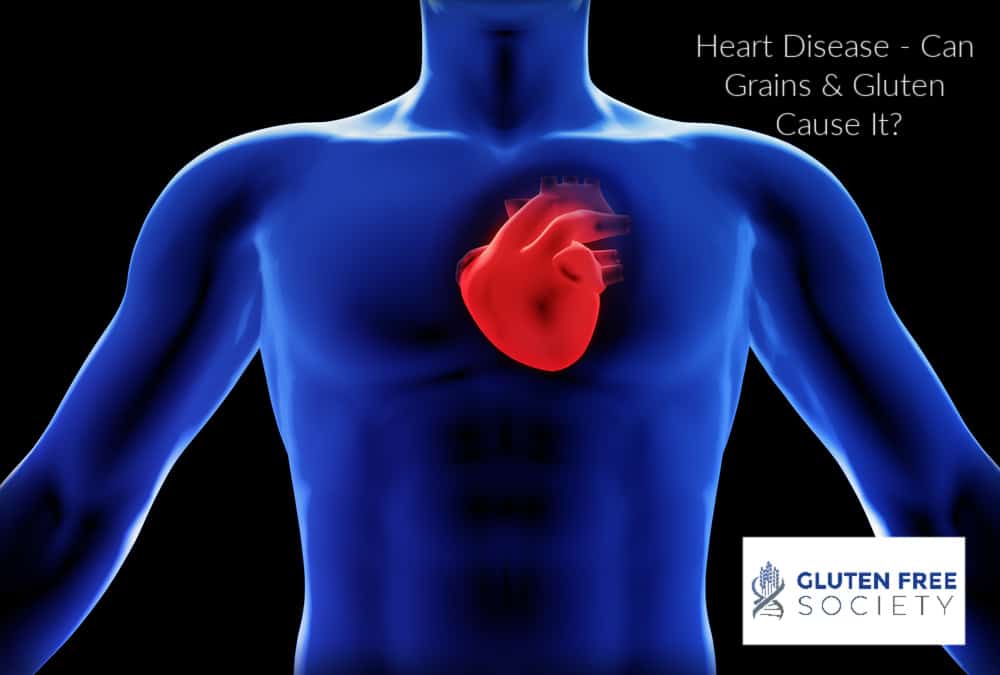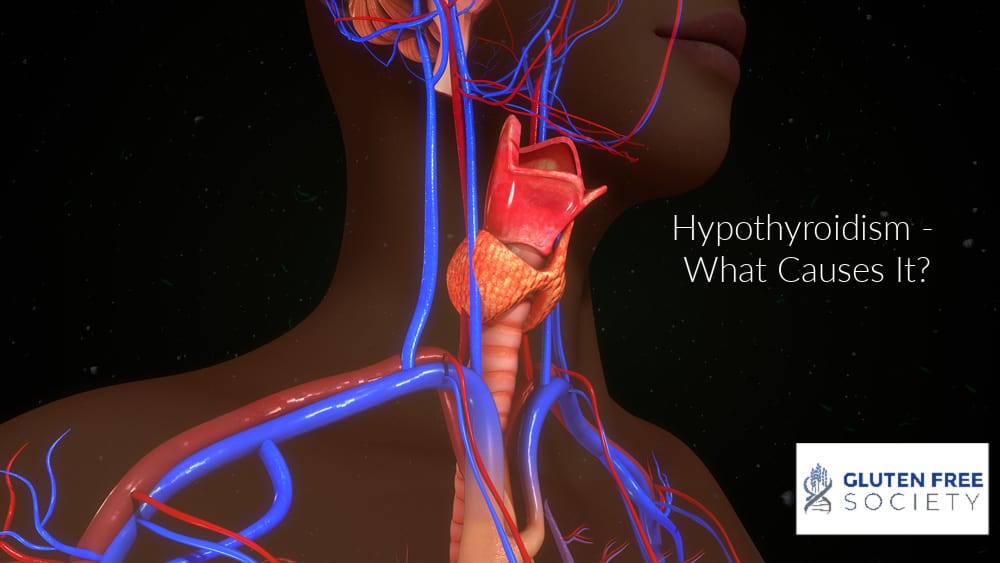How Gluten Affects Your Hormones Hormones are chemicals produced by various glands throughout your body and released to regulate specific functions. For example, your thyroid hormone helps regulate your metabolism. Estrogen, a sex hormone, helps regulate menstruation in women. And cortisol, a stress hormone, helps regulate blood pressure. Thus, hormones play many vital roles, which […]
Category Archives: Gluten Free Society Blog
Can Gluten Cause Kidney Disease? If you prefer to learn by video, click here. Your kidneys are located below your ribs and behind your stomach. And these two “bean-shaped” organs are involved in numerous vital functions, which include: Detoxification Blood pressure regulation Body fluid regulation pH regulation Vitamin D activation Red blood cell production Inside […]
Can Gluten Cause Heart Disease? Heart disease is the number one cause of death in the United States. And we’ve been led to believe that eating red meat is the leading dietary risk factor because of its saturated fat and cholesterol content. However, mounting evidence doesn’t support this claim. Instead, current science suggests that gluten-containing […]
In the United States, it’s no secret that about 50% of the population is battling being overweight or obese. And though weight is just a number on a scale, it often comes with several side effects like poor health and disease – one of these being heart disease. If you exclude autoimmune diseases, heart disease, […]
Did you know that one of the most commonly diagnosed conditions in the United States is a condition called low thyroid or hypothyroidism? While many receive this diagnosis due to nutritional factors, others have it as a result of an autoimmune disease, commonly known as Hashimoto’s or Hashimoto’s thyroiditis. Regardless of which type you may […]




